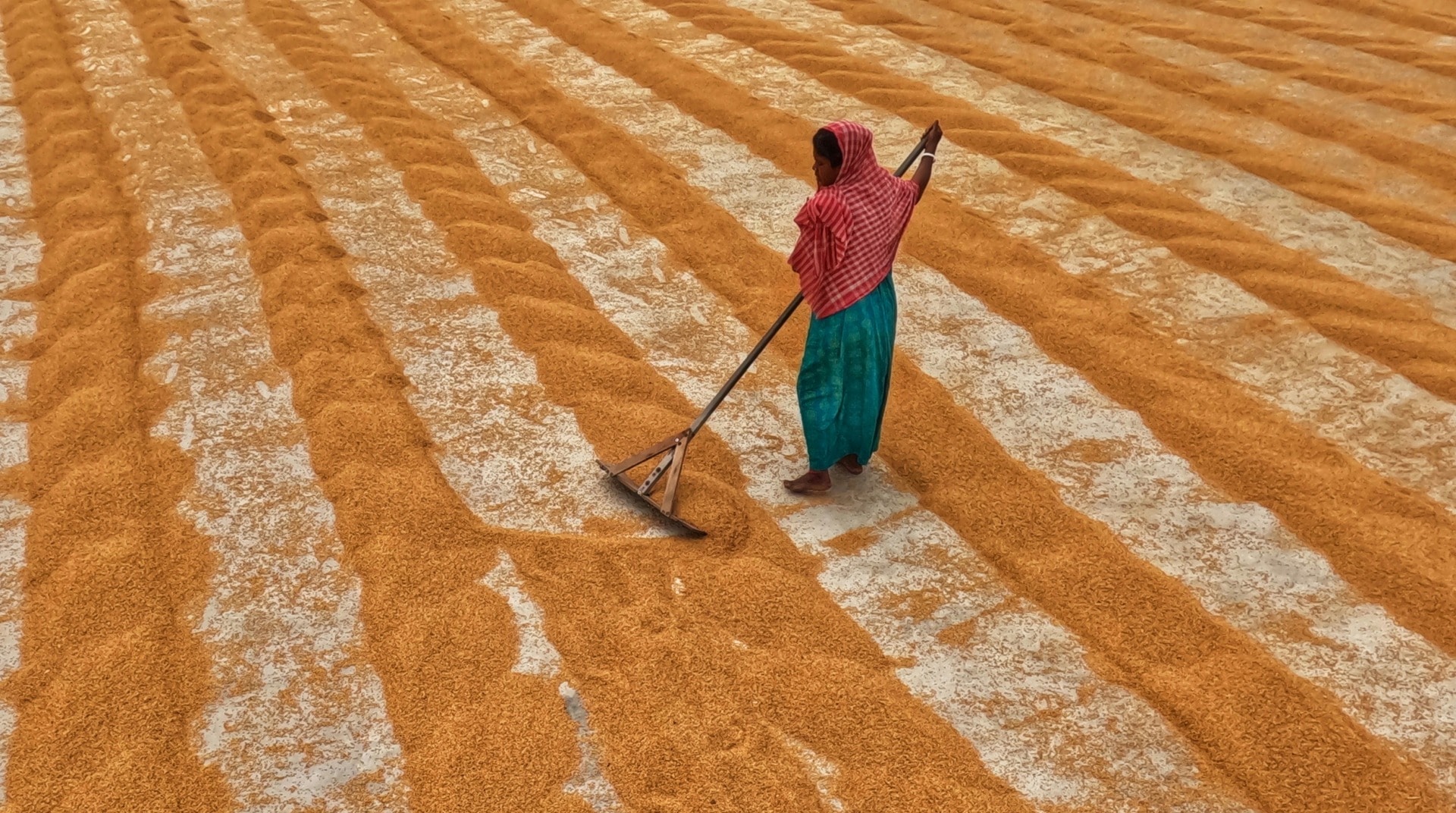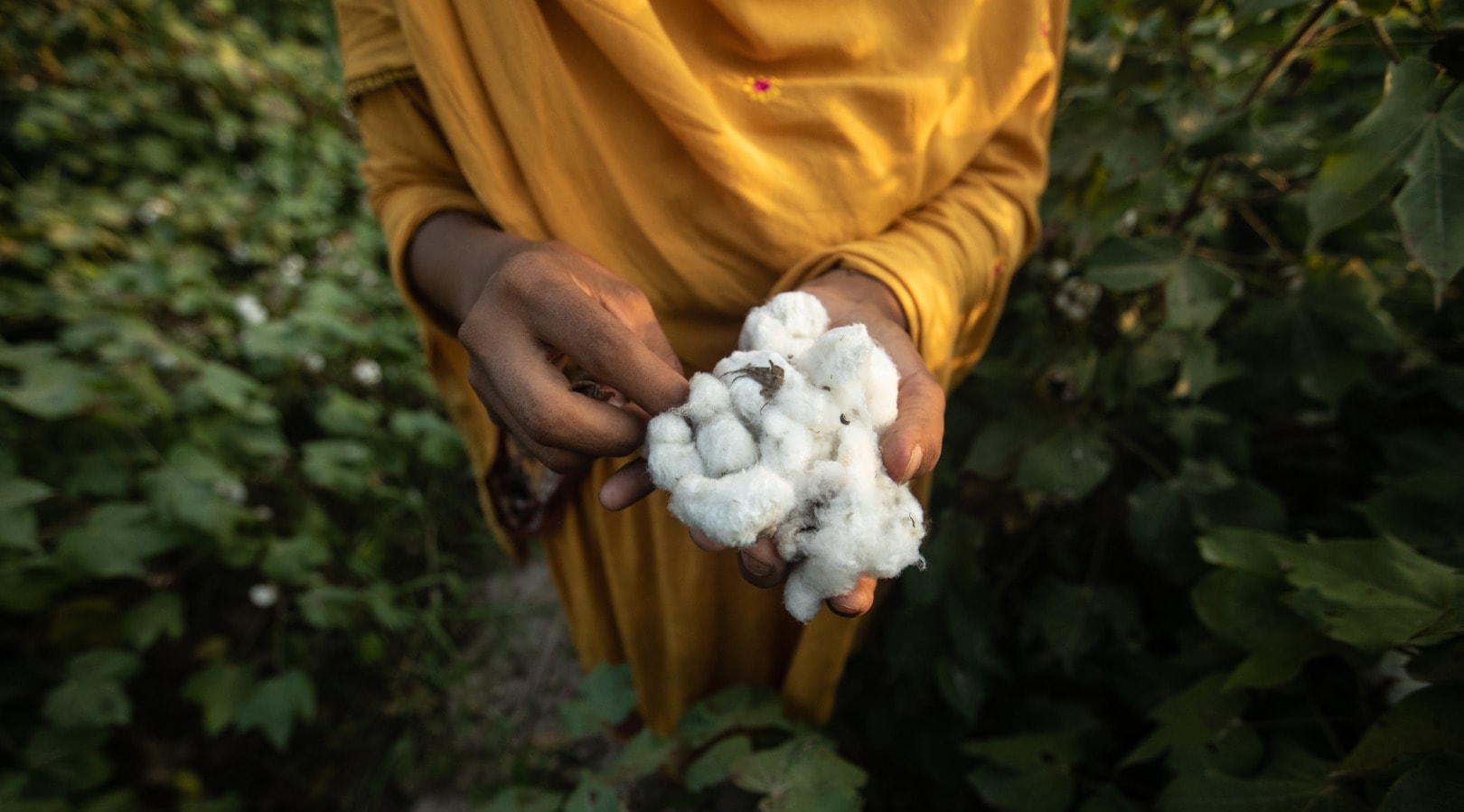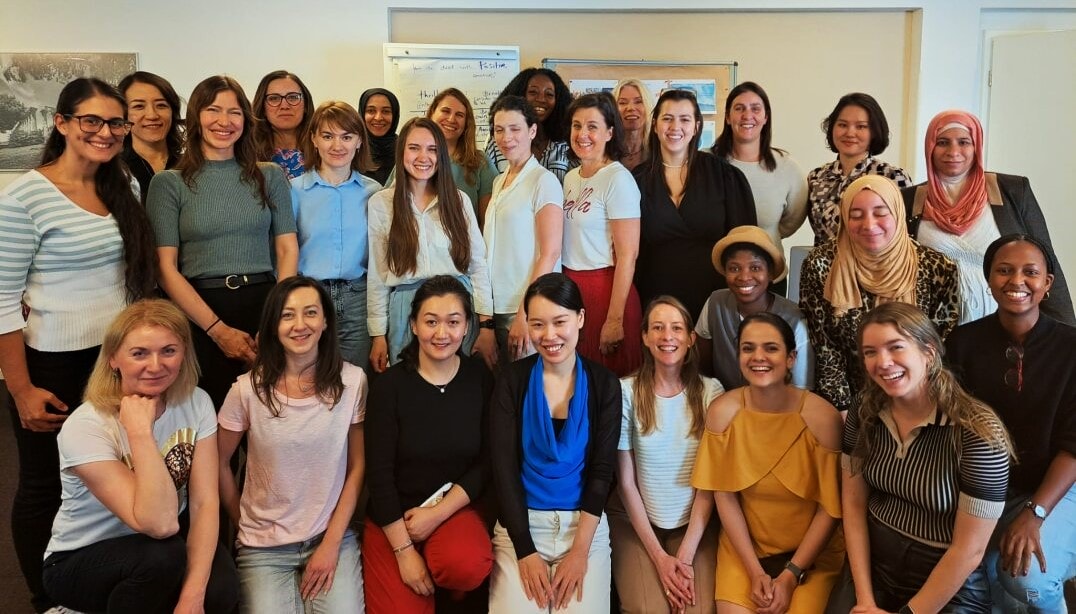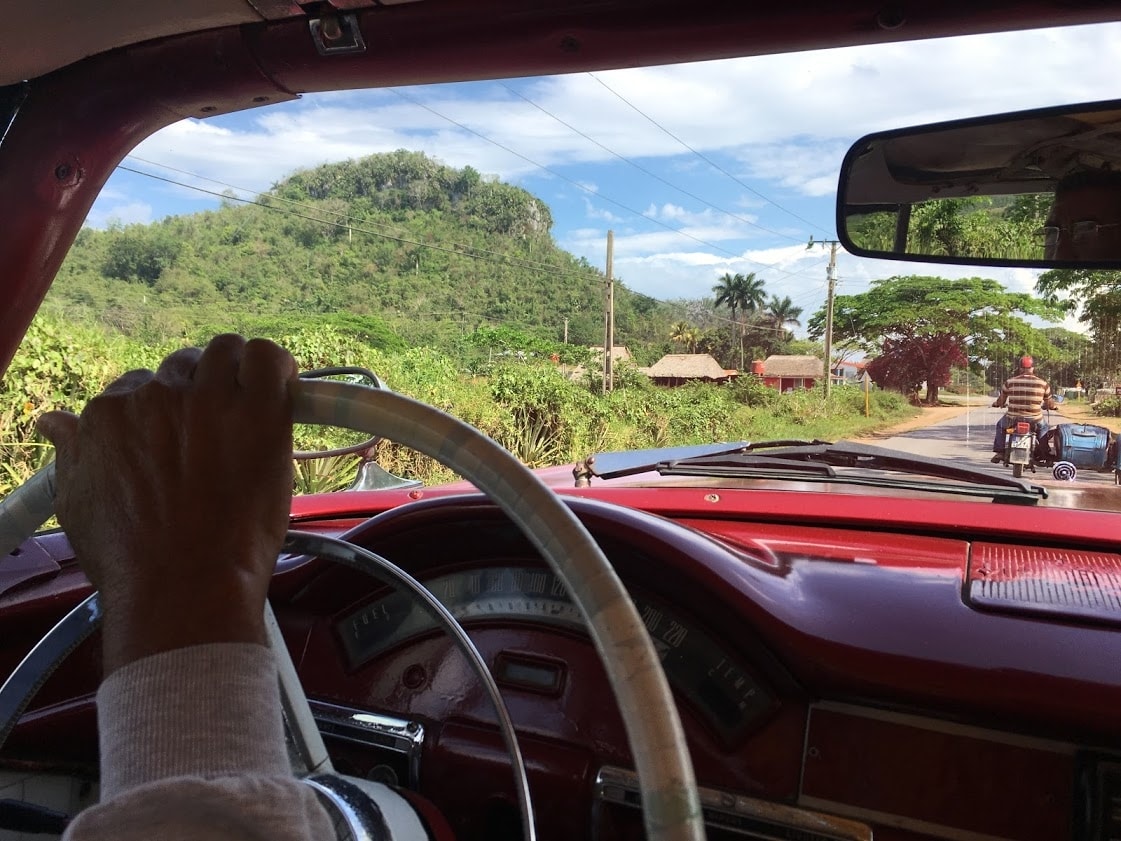The Gambia, one of the smallest countries in Africa with a population of under 2 million people, has set up a Truth Reconciliation and Reparations Commission (TRRC) to investigate the atrocities and abuse of human rights endured by Gambians during the dictatorship of the former President Yahya Jammeh. Witness statements taken by the TRRC clearly confirm the prevalence of murder, torture, arrest, detention, rape and forceful disappearances of many citizens during the dictatorship.
In December 2016, Jammeh was defeated by a coalition of opposition parties in a free and fair election. His exit from The Gambia to Equatorial Guinea, where he now lives in exile with his family, was negotiated with the backing of a strong military peace enforcement army, comprised of soldiers from member countries of the Economic Commission of West African States (ECOWAS).
The TRRC was launched in October 2018, and since then several witnesses have appeared before the commission to give accounts of the gross violations of historic proportions that they endured during Jammeh’s regime. So far, most of the witnesses who have testified or shared their stories have been men.
Editor’s Picks — Related Articles:
#IAmToufah Makes the Message Clear: We Will Not Wish the Rape Crisis Away
Is Gender Equality a Numbers Game?
Defending the Planet in the Era of Humans
A few weeks ago, the situation changed when a young Gambian woman by the name of Fatou Toufah Jallow, a former teen beauty queen, came out and publicly accused Jammeh of rape. Toufah was 18 when she was allegedly raped by the former dictator after winning a beauty pageant which promised the winner a scholarship to pursue studies abroad.
Toufah’s story has sparked a big conversation about rape and sexual violence in The Gambia and has started a #MeToo Movement in the country. Toufah’s story has encouraged several victims to take to social media and share their experiences with the hashtags #IAmToufah and #IBelieveHer. What used to be a “taboo” subject has become a topic of discussion not just in the media but in households, salons, cafes and other social places.
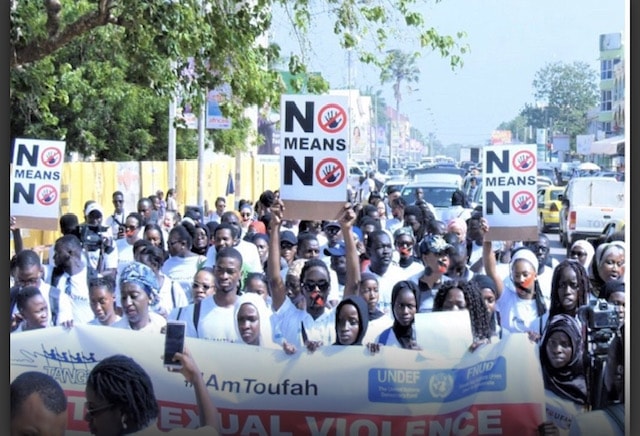
By gradually embracing and encouraging the participation of women survivors of human rights abuse during the Jammeh era, the TRRC has by default amplified awareness of gender-based violence in Gambian society and, as such, has sparked a profound conversation on sexual violence. Toufah’s revelations, thanks to the investigations and support by the Human Rights Watch added momentum and urgency to the conversation, culminating in a solidarity march against sexual violence, in which hundreds of Gambians took part.
Whilst Toufah’s courage has forced the nation to discuss rape and its prevalence in The Gambia, several of the abuse survivors, including Toufah, have been attacked and accused of lying. Perhaps the most disturbing of all is the role that the media is playing in blaming survivors and questioning the authenticity of their stories. Interestingly, Gambians believe and sympathise with victims (who were mainly men) of other forms of human rights violations such as murder, enforced disappearances, and torture, but seem to find it difficult or even impossible to believe that a woman could have been raped. Somehow, it seems easy for Gambians to believe only the human rights violations against men.
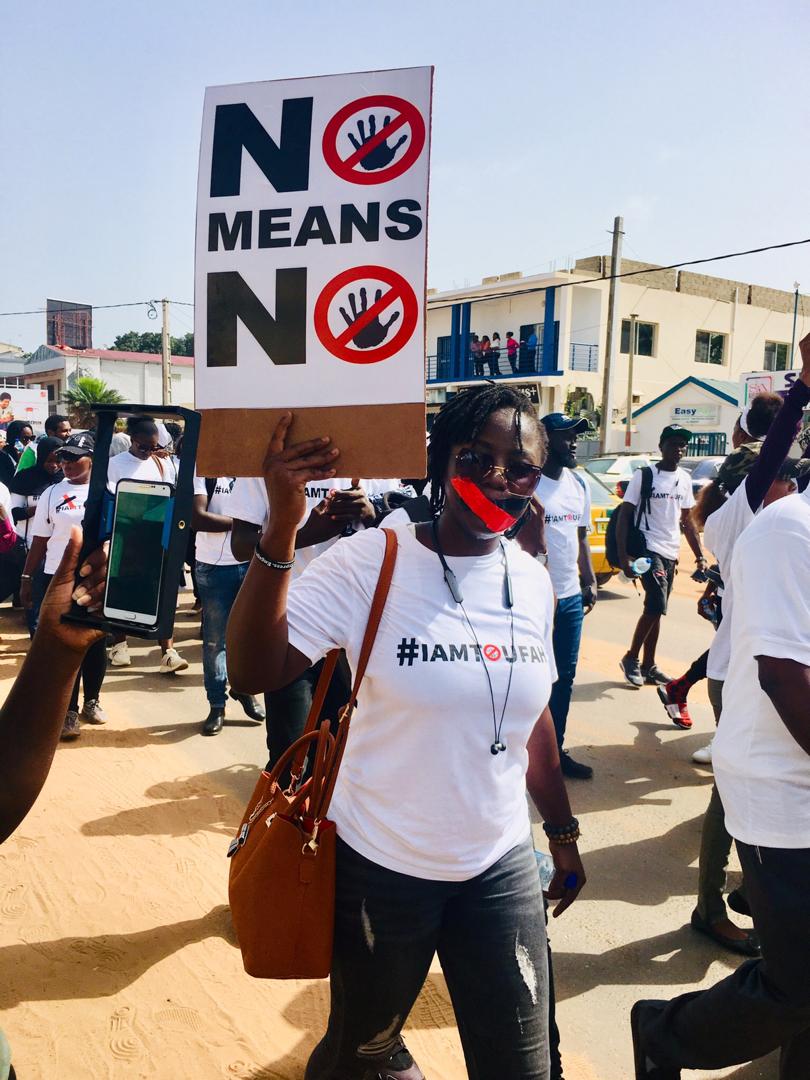
The prevalence of sexual and gender-based violence in The Gambia and the tendency for these crimes to go unreported and unaddressed are rooted in long-standing social injustices and institutional failures to protect women’s empowerment and equal rights. Given the small size of the country and the tight-knit nature of Gambian communities, survivors of sexual violence are stigmatised, re-victimised and blamed when they speak up or report their abuse, which has made it very difficult for survivors to break their silence. The reaction to Toufah’s story is an indicting testimony of society’s attitude towards sexual and gendered-based violence. Violence against women and girls is institutionalised and embedded in socio-cultural norms and practices. Girls are taught from a very early age that a true woman is destined to endure pain and suffering. Because of the dire consequences of speaking up, many women have remained silent about their experiences.
As the introspection of social behaviours and attitudes towards sexual violence intensifies, it is important that the conversation extends into the mainstream and beyond Jammeh’s crimes. We must examine the root causes and analyze the full context and ramifications of sexual and gender-based violence against women and girls in The Gambia. We must admit, rather than conveniently dismiss, the fact that sexual and gender-based violence continues to occur in Gambian society today. We must take concrete steps to address, abate and ultimately totally eradicate these serious crimes in our society.




